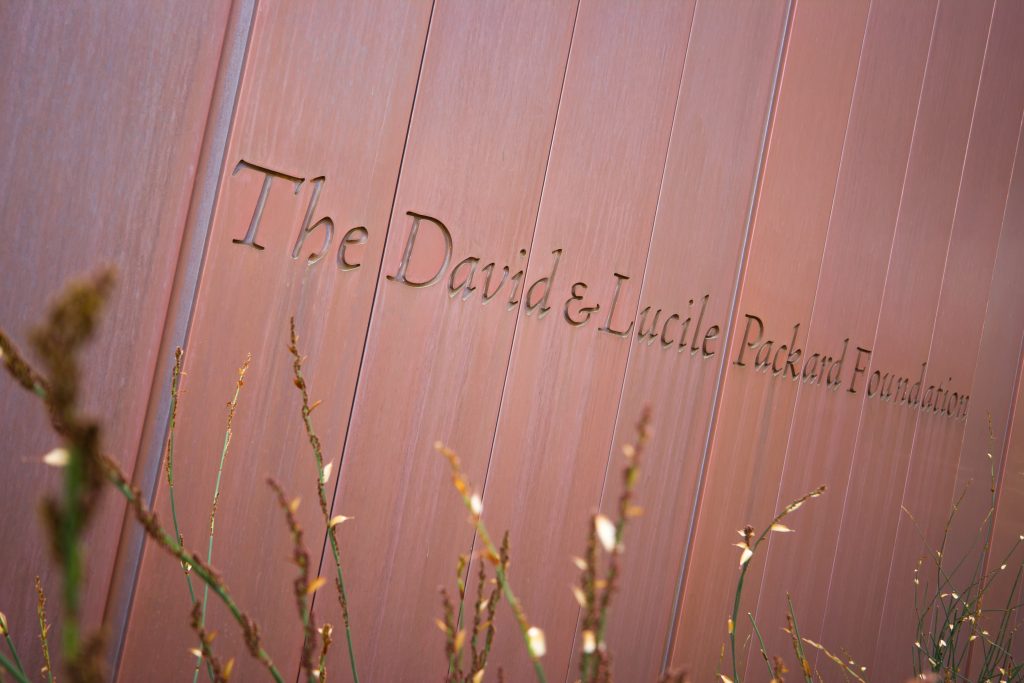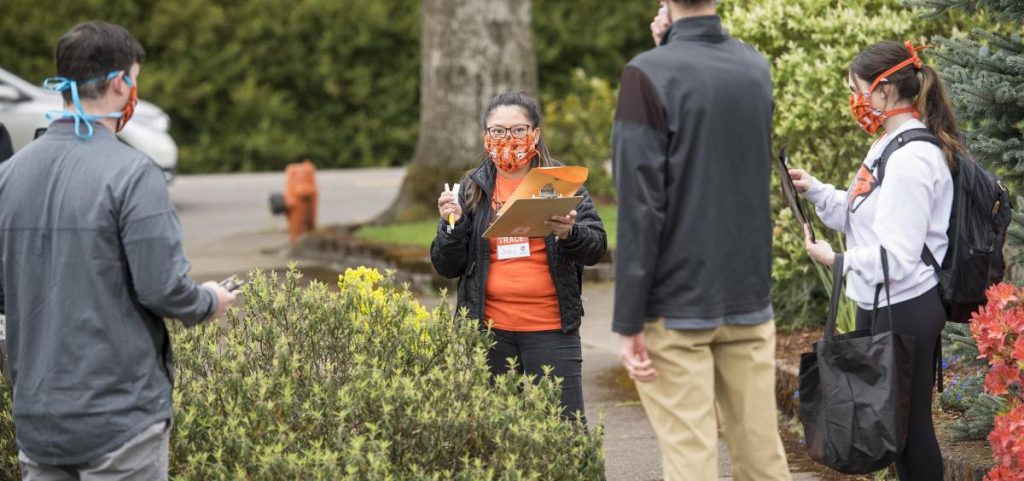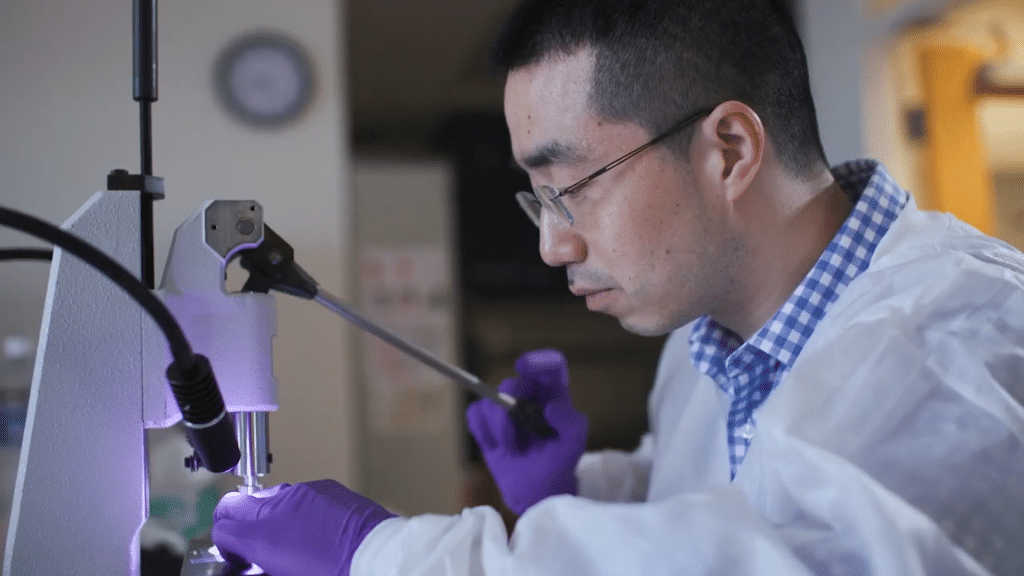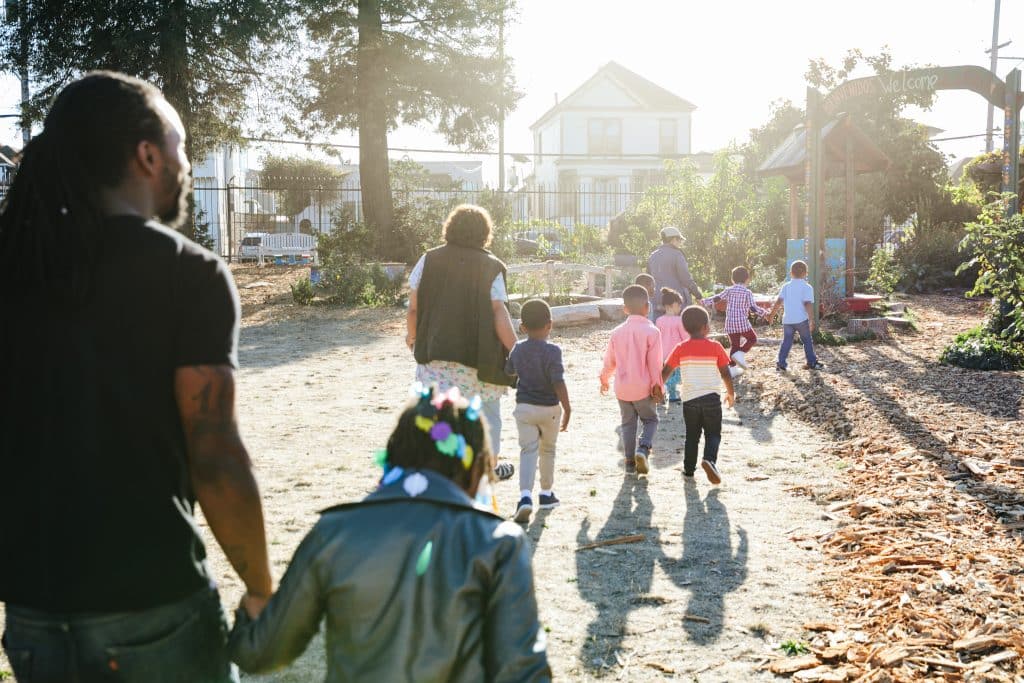The Packard Foundation has faced critical moments over the past several decades. We faced a change in leadership when my grandfather, David Packard, passed away and left the majority of his estate to the Foundation in 1996, allowing the Foundation to greatly expand the breadth and depth of its grantmaking. We worked to better support our grantees through two recessions in the early 2000s as our endowment faced massive declines. In 2007, acting on the science that showed unmitigated climate change would undermine progress on every issue we value, we allocated $500 million to slow its impact. Each of these challenges were also opportunities for the Foundation to contribute toward a more sustainable planet for all people, especially women, children, and families.
Right now, our Foundation has the opportunity to step up to the most urgent question of our time. How is the Packard Foundation perpetuating racism, inequity, and injustice, and how will the Board of Trustees and staff change to address the tragic history our nation has never fully confronted? In the last few months, through individual introspection and group discussion, we have come to understand that we must take strong actions now.
I wrote in early June about the Foundation’s commitment to change in the aftermath of George Floyd’s murder. I asked both my fellow Trustees and Foundation staff to examine how our organizational and grantmaking structures, processes, and practices contribute to inequitable racial outcomes, and how we can contribute to ending racism. Our staff took up this call to action and recommended bold actions that leadership and the Board should consider to promote racial justice with our grantmaking, and more importantly, how the Foundation could change its operations with an aim to ending racism. Our staff’s input challenged the Board to act urgently and was a pivotal factor in helping us meet this moment and begin to change how we work.
Through these discussions with both our Board and staff, one thing became clear: until we focus the resources and energy of the Packard Foundation toward justice and equity for Black people and people of color, we will not live up to the organizational values that guide how we work with one another, with our grantees, and with the communities our grantees serve. Living up to our values – integrity, respect for all people, the belief in individual leadership, capacity to think big, and a commitment to effectiveness – requires us to rethink our approach and make changes in order to positively contribute to justice and equity for all people. As a family foundation built on the success of the Hewlett-Packard Company, and acknowledging that we sit within these inequitable systems, we are now embracing efforts to center equity and justice in the work we do in three ways.
First, recognizing the urgent and immediate need, we have committed $100 million over the next five years to support justice and equity. The first grant from this commitment is a $20 million grant to the Solidaire Network’s Black Liberation Pooled Fund. Through this fund, the Solidaire Network will provide immediate resources to Black-led social change organizations, including leaders and organizers within the Movement for Black Lives. This engagement will also provide the Foundation’s staff and Trustees with opportunities to hear from the organizations who are being funded and learn from their work in order to improve our justice and equity grantmaking.
Second, we recognize that the Packard Foundation’s grantmaking goals will only come to fruition in a future without racism. Therefore, the Board has asked program teams to review how we can center justice and equity in grantmaking outcomes now with current resources. In the longer term, the Board and staff are discussing how justice and equity will inform future grantmaking strategy reviews and exploring and actively shifting the balance of power between the Foundation, our grantees, and the communities they serve. We recognize that the way this is implemented will vary across programs and will require a different approach within the work we support around the world.
In addition, we have removed the word “population” from our reproductive health program name. We understand that the term “population” can invoke colonialist or authoritarian connotations, neither of which is aligned with our values or our work.
And third, we are examining how to change our organizational practices and processes to better reflect the world we envision, with the goal of improving justice, equity, diversity, and inclusion. This includes setting strategies to increase Trustee and staff diversity, updating our statement of values to reflect these commitments, and reviewing our practices on how we invest our endowment and deploy our mission investments. We have already begun robust discussions among Trustees and staff to set out the goals we want to achieve.
Some people may ask, why didn’t the Packard Foundation act earlier? Was racial injustice before this summer not enough to center justice and equity in the Foundation’s work? I do not have satisfying answers to these questions. Staff and the Board have been actively discussing diversity, equity, and inclusion-related matters over the last several years, and many of our grantees have been speaking with us about these issues for even longer. The nationwide protests gave us a stronger sense of urgency and a sense that we could no longer keep discussing but had to take action. I do wish we had acted sooner.
I am deeply grateful to our staff for taking up the mantle and sharing with the Trustees their ideas, passion, and insistence for action. It is egregious that it has taken the tragic murders of several Black people for a groundswell of people and organizations across the country to call for justice and for institutions like ours to act boldly. But we are here now, eager to learn and improve, ready to act, and prepared to answer this call for change.
These initial actions and commitments are only a beginning. Living up to these promises will take time and perseverance. We will certainly encounter challenges and make mistakes, but we are resolved to work through these questions and to hold ourselves accountable. I hope and expect you will hold us accountable as well.








